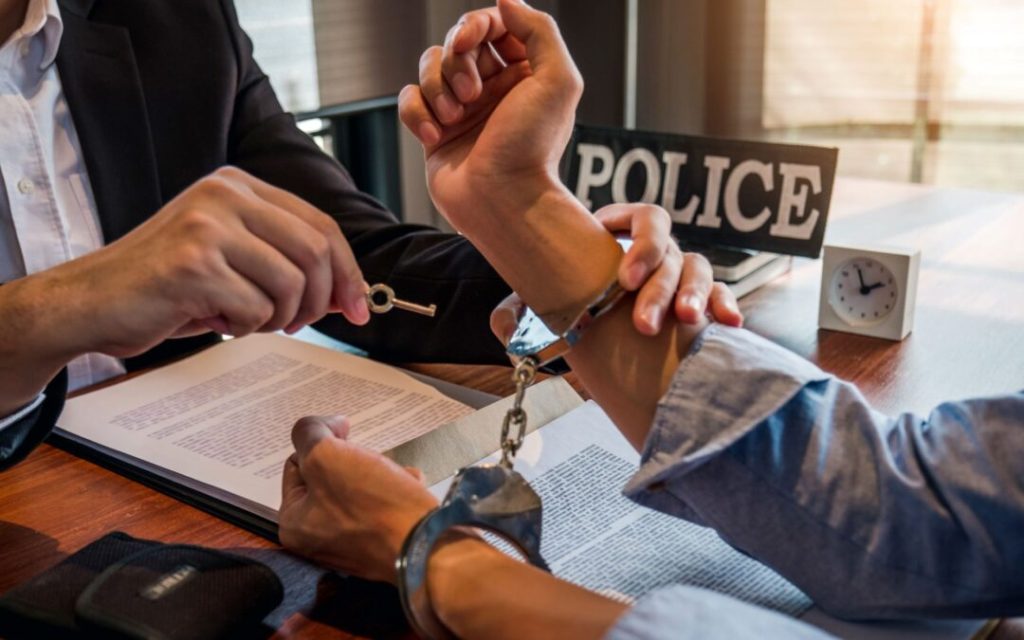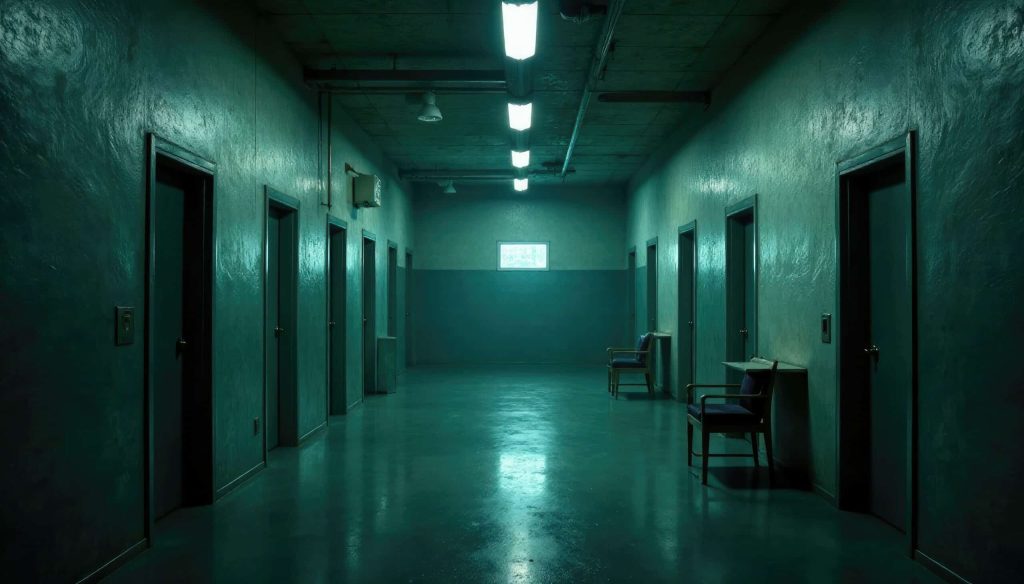Simplifying Federal RICO

Federal RICO, or the Racketeer Influenced and Corrupt Organizations Act, is a law designed to fight organized crime. It allows the government to charge people or groups who engage in a pattern of criminal activity as part of an organization. A “pattern of criminal activity” usually means committing at least two related crimes, such as […]
Protective Orders in Discovery for Criminal Cases

In criminal cases, protective orders during discovery are tools that limit how sensitive information can be shared between the prosecution and defense. Discovery is the legal process where both sides exchange evidence, such as witness statements, police reports, or documents. Sometimes, the information is confidential, sensitive, or could put people at risk if released freely. […]
Defense Deposition of a Plaintiff Witness in an Auto Injury Case

In California auto injury cases, a deposition is a key part of discovery. A deposition allows one side, in this case the defense, to question the plaintiff or witnesses under oath before the trial. This process helps gather information, clarify details, and assess the credibility of the witness. A defense deposition of a plaintiff witness […]
Cruel and Unusual Punishment in SHU: What It Means and Your Options

In California criminal law, prisoners placed in the Security Housing Unit (SHU) are sometimes subjected to conditions that may be considered “cruel and unusual punishment.” The Eighth Amendment to the U.S. Constitution prohibits punishments that are excessively harsh, degrading, or inhumane. This applies to both jail and prison inmates, including those serving sentences or seeking […]
Understanding the Kingpin Statute in Federal Criminal Cases

In federal criminal law, the Kingpin Statute is a powerful tool used to prosecute individuals who organize, supervise, or control large-scale drug trafficking operations. Formally known as 21 U.S.C. § 848, it targets leaders of criminal organizations rather than just lower-level participants. The statute applies to anyone identified as a “principal organizer, supervisor, or manager” […]
Understanding the Settlement Process: A Timeline from Acceptance to Check-in-Hand

At The Mines Law Firm, we understand that after reaching a settlement in your case, you’re eager to receive your portion of the settlement funds. It’s crucial to be aware that this process involves several stages and can be time-consuming. This is a reason we consistently let you know that settlement money should be considered […]
The Challenges and Triumphs for Black Students and Lawyers

Embarking on a journey through law school and into the legal profession is a commendable pursuit, replete with its own set of challenges and victories. For Black students and attorneys, the path may present distinct hurdles and unique experiences, which we explore here, along with strategies to surmount these challenges. 1. Representation and Belonging Challenge: […]
Should You File to Open a Case in Family Court if the Other Parent is Already Absent?

When the other parent is absent from your child’s life, you may wonder if it’s necessary to involve family court. Filing a case can provide structure and clarity, but it may also bring challenges. Below, we’ll explore the pros and cons to help you decide if it’s the right step for you and your child. […]
Life After a Not Guilty Verdict: Rebuilding Your Reputation and Moving Forward

When you’ve been found not guilty in a case that has harmed your character, it can feel like both a victory and an ongoing battle. Even though the legal case has concluded, the consequences of being accused may linger in your personal and professional life. Here’s a guide on what you can do to reclaim […]
How Newly Discovered Medical Evidence Can Impact Felony Murder Convictions in California

In California, newly discovered medical evidence can play a pivotal role in challenging felony murder convictions, particularly when it undermines the prosecution’s theory of causation. Whether through ineffective assistance of counsel (IAC) claims or asserting actual innocence, such evidence can serve as a basis for post-conviction relief. Legislative developments like SB 467 and evolving case […]
